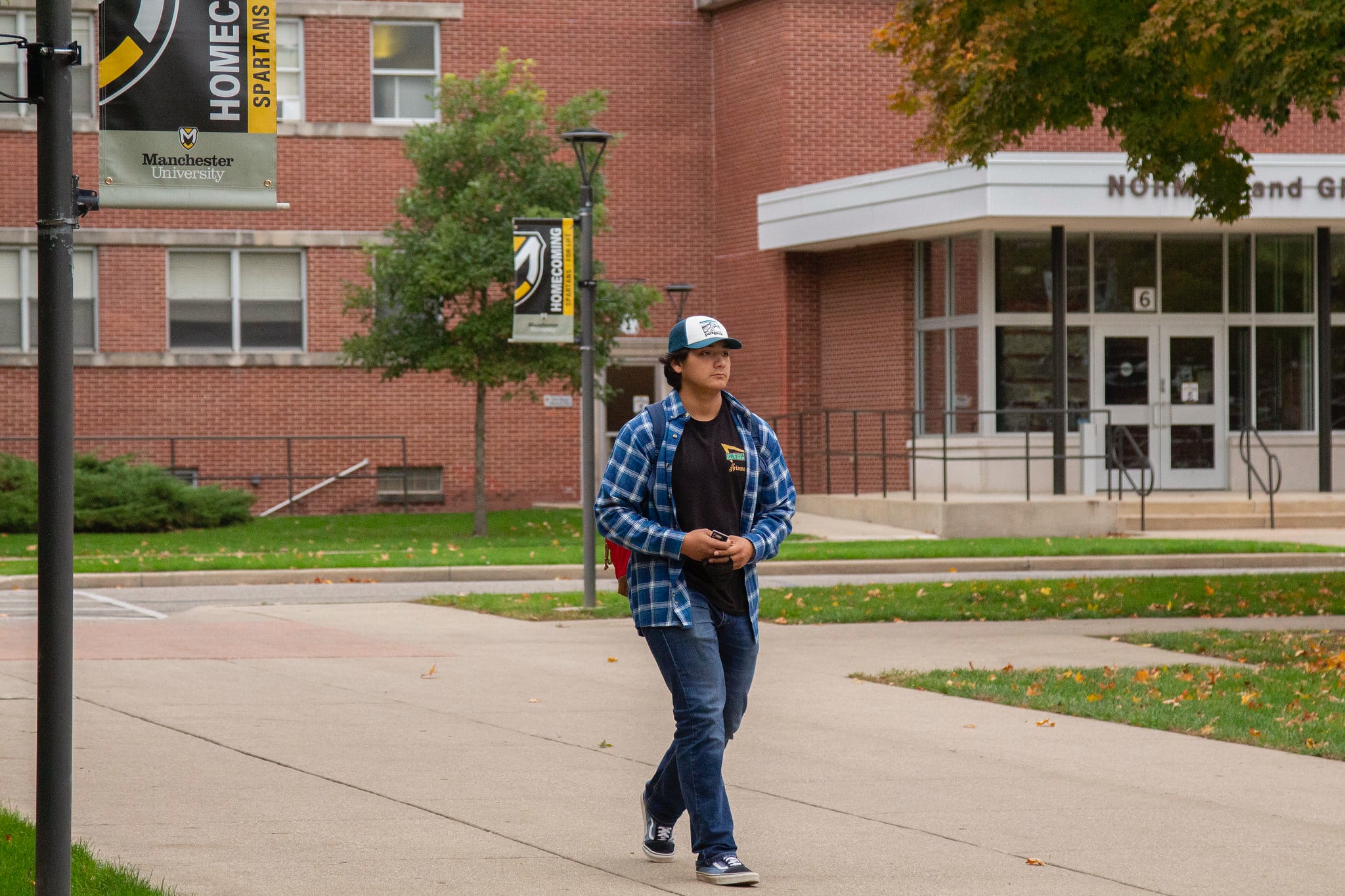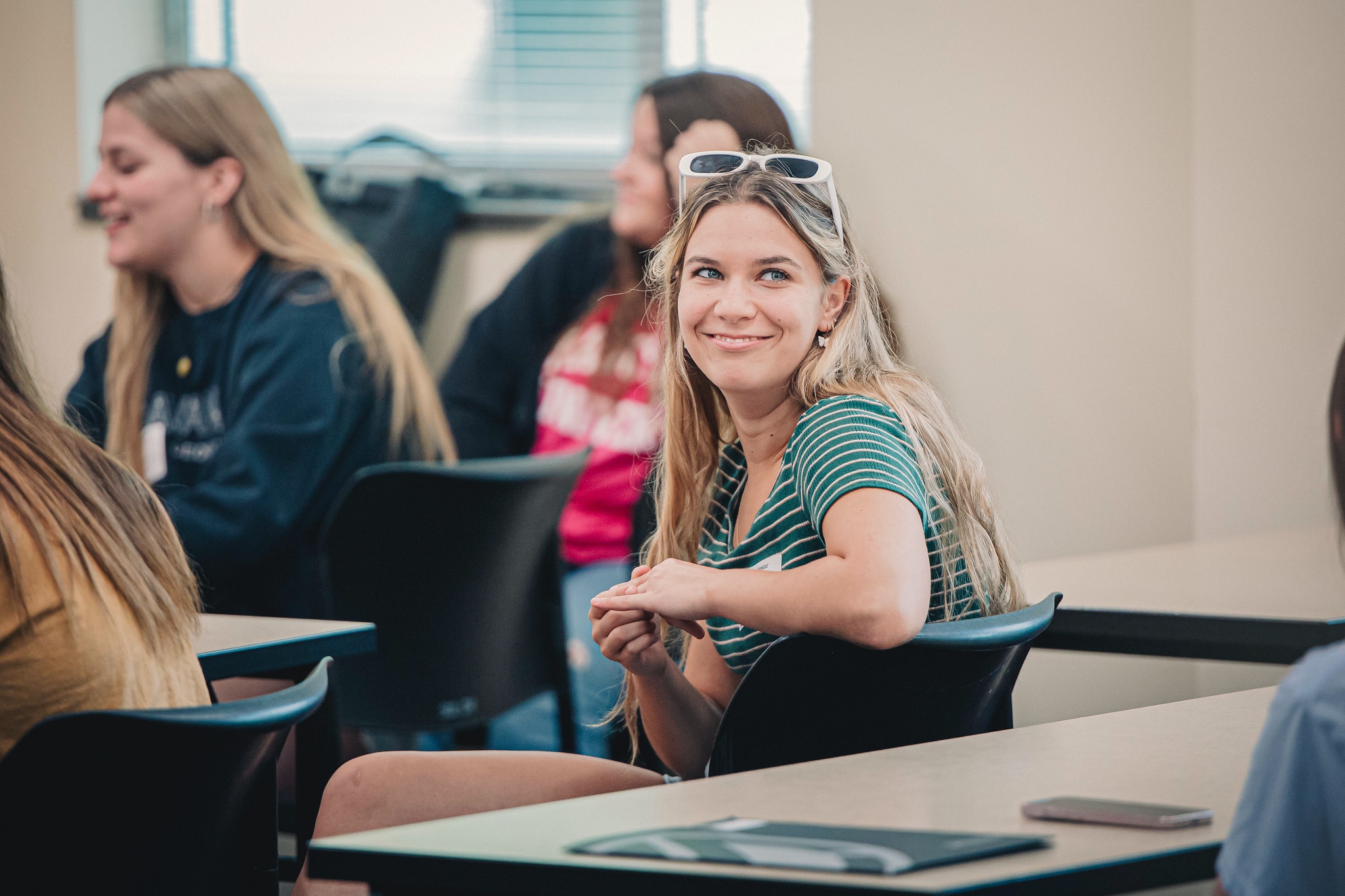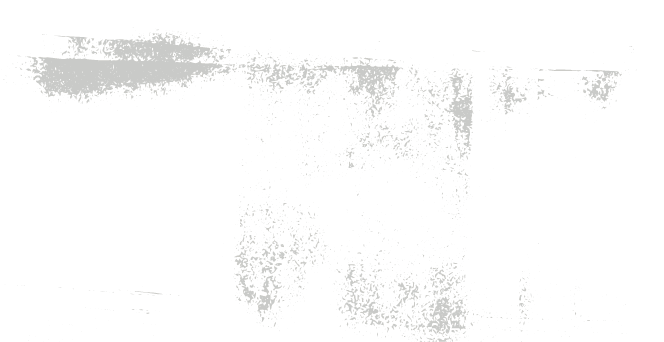English: Literature
Prepare to develop your critical thinking and analytical skills through the study of literature. You’ll explore a wide variety of literary works within their cultural contexts and practice textual analysis, which prepares you to understand and synthesize material, conduct research, and write clearly and persuasively, skills that are in demand by the workplace.

Earn a Bachelor of Arts or Science
Students who follow the Literature concentration will study literary works within their historical, cultural and global contexts, deepening both their knowledge and understanding of texts and the environment in which they were produced and read. To complement these practices in literary studies, students will develop their analytical abilities, paying close attention to the effective use of language, logic, research and voice. Such preparation equips students for successful careers in a variety of interdisciplinary fields and for graduate study in fields from literature to law.
Program Information:
Major | BA
- 37 Credit Hours
Minor | English
- 18 Credit Hours
Minor | Journalism
- 24 Credit Hours
Location
- North Manchester
Why Choose MU for English Literature?

Oak Leaves
Manchester’s award-winning University newspaper gives students valuable experience in all facets of journalism, including writing, copy editing, photography, advertising, business and newspaper design.
Spectrum
Manchester’s arts and literary magazine provides students, faculty and staff with an opportunity for artistic expression through poetry, essays, short stories, artwork, and photography. Published every spring, this magazine gives students experience in working with an editorial team to select entries and design the publication.
Internship Opportunities
The Writing Center
What You Can Do with Your English: Literature Degree
Grant Writer
Archivist/Researcher
Social Media Coordinator
Author

About the English: Literature Program
Our courses prepare you to work in a variety of professions.
Take the next step toward earning your degree. We have the resources to help you get started.
Spectrum Magazine
Spectrum is Manchester University’s literary arts magazine, providing students, faculty and staff with an opportunity for artistic expression through poetry, essays, short stories, artwork, and photography. Published every spring, the magazine contributes to the University’s marketplace of ideas and provides an artistic journal. To contribute your work to Spectrum, please e-mail spectrum@manchester.edu.
Manchester University’s campus newspaper Oak Leaves is published weekly, except for semester breaks during the academic year. Established in 1913, the paper serves as a forum for community commentary and opinion, and as a vehicle for news that relates to the Manchester campus.
Oak Leaves is edited by current Manchester students, who are appointed by the faculty advisor. Unpaid staff writers are often members of journalism or editing classes, but any student is welcome to work for the paper as an extra-curricular activity. Students interested in writing, copy editing, photography, advertising, business and newspaper design are encouraged to get involved. Any full-time student may apply for an editorial or managerial position. For more information, email oakleaves@manchester.edu.
Meet the Faculty
You Might Also Be Interested In These Programs

Successful Graduates
Chloe Leckrone ’22
A communications specialist in the Office of Strategic Communications, Manchester University, N Manchester, IN
Carly Kwiecien ’19
The communications director at Friendship Botanic Gardens, Michigan City, IN
Ciara Knicely ’18
A Fish and Wildlife Information Specialist at the Kentucky Department of Fish and Wildlife Resources
English: Literature Learning Outcomes
Program Learning Outcomes
1. Students will analyze literary texts from a diverse selection of periods, genres, and cultures, integrating both secondary research and literary theory.
Student Learning Outcomes:
- Identify and analyze diverse literary texts with scholarly depth: Students will analyze literary texts from diverse periods, genres, and cultures, integrating secondary research and applying relevant literary theories to explore and interpret texts critically.
- Synthesize secondary research and literary theory: Students will synthesize secondary research by demonstrating their ability to evaluate, interpret, and incorporate scholarly sources responsibly.
2. Students will practice writing conventions of a variety of forms, including journalism, creative writing, and professional writing.
Student Learning Outcomes:
- Adapt writing style to different audiences and purposes: Students apply writing across various forms and adapt their writing style to different discourse conventions, producing clear, coherent, and engaging texts tailored to specific communicative goals.
- Critically evaluate and revise written work: Students will evaluate and revise by engaging in peer feedback, demonstrating proficiency in identifying areas of improvement for deep revision to enhance clarity, coherence, and effectiveness.
3. Students will demonstrate appropriate citation style.
Student Learning Outcomes:
- Students demonstrate proficiency in applying both MLA style for academic writing and AP style for journalistic writing, effectively incorporating signal phrases, in-text citations, quotes, and appropriate source attributions to their Works Cited lists.
Non-Discrimination in the Admission Process
Manchester University is committed to non-discrimination in campus life. The University does not discriminate on the basis of national origin, ancestry, race, color, age, sex, gender identity or expression, sexual orientation, familial status, religion, disability or veteran status in admissions or any area of campus life, including its educational programs, scholarships and loan awards, residence life programs, athletic programs, extracurricular programs, promotion and tenure policies and practice, and alumni affairs.
Manchester University is committed to carry out the provisions of Section 504 of the Rehabilitation Act of 1973 and the Americans With Disabilities Act, which provide for accessibility of University programs to the physically disabled.








